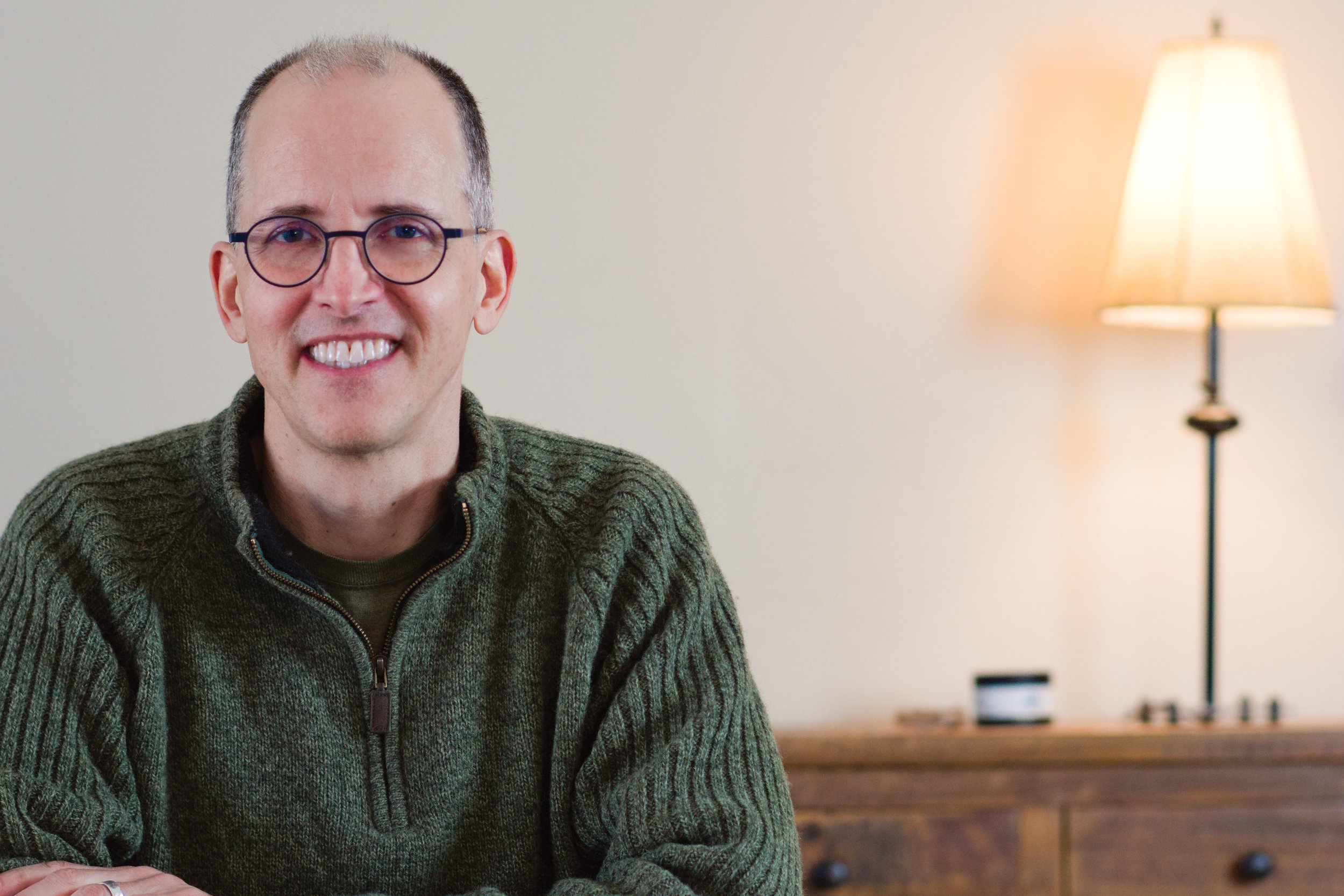
Therapy for Relationship Anxiety
Codependency and Anxious Attachment
Relationship anxiety is THE WORST!
Let’s do something about it—together.
Hi, I’m Jacob Gotwals.
I help warmhearted people who worry about their relationships—caring people whose lives get thrown off balance by prioritizing other people’s needs.
By the time people reach out to me, they’re tired of feeling anxious and insecure and worrying about being rejected and abandoned.
They often feel guilty, resentful, and exhausted after prioritizing other people’s needs, trying to solve other people’s problems, and taking on too much for too long.
They feel drained by problems in relationships and work situations.
And, they feel frustrated and ashamed about all of this.
Sound familiar?
Ready for more self-confidence and healthier relationships?
You’re in the right place if:
You crave connection and enjoy closeness in relationships, but you worry about being rejected and abandoned. You often feel anxious and insecure, you often need reassurance, and you have trouble trusting your partner’s commitment and reliability.
You engage in people pleasing—prioritizing and overly accommodating other people’s needs at your expense. You have a hard time saying “no,” setting healthy boundaries, and asking for what you need.
You engage in caretaking—compulsively helping others and making yourself responsible for solving their problems.
You overcommit, taking on more than you can handle.
Too often, you end up in problematic friendships, relationships, and work situations that drain your energy.
You feel exhausted and resentful, but you avoid conflict, confrontation, and difficult conversations, and you may engage in passive aggressive behavior or blow up when your feelings boil over.
How does therapy work?
We’ll start by talking about what’s been happening in your life—what’s going well and what’s been challenging. We’ll use that to discover where you may be stuck, and we’ll work on freeing you up and empowering you.
I’m glad to listen, provide emotional support, and help you resolve your current challenges, but I’ll also help you find and heal the roots of your problems so you can move forward into the life you want.
Therapy involves:
Weekly therapy sessions for about 50 weeks.
Learning and practicing new ways of thinking, communicating, working with emotions, and caring for yourself.
Using EMDR therapy to heal unresolved emotional issues (like trauma, losses, and fears) that have been holding you back.
Using guided imagery with ideal parent figures to access the love, support, and courage you need to heal and grow.
Using mindfulness to free yourself from entanglement in problematic thoughts and feelings.
Experiencing support, insight, transformation, and RELIEF as you heal and grow!
By the end of therapy, you will:
Feel calmer and more secure in relationships, with less anxiety about rejection and abandonment. Know you’re worthy of love and belonging—even when you’re not in a relationship.
Feel worthy of your needs, desires, and aspirations, and be able to express them. Be more comfortable saying “no” and maintaining healthy boundaries.
Handle conflict and anger more skillfully, without being hurtful or passive aggressive. Feel more confident and empowered, with less resentment.
Be able to provide emotional support to people without controlling them, fixing them, or taking responsibility for solving their problems. Be able to limit what you take on to avoid overcommitment and burnout. Feel more resourced and present.
Be able to share your views and talents without being overly worried about other people’s reactions.
Be able to foster friendships, relationships, and work situations that are mutually supportive and energizing.
How do I get started?
It’s easy: book a free consultation call today!
Who will help you?
I’m Jacob Gotwals, MA, a Licensed Professional Counselor and an EMDR Certified Therapist.
I’m located in Tucson, Arizona, and I provide online therapy to clients throughout Arizona, Colorado, New Mexico, and Florida.
Special welcome to:
LGBTQ and polyamorous people
Highly sensitive people
People of color
Therapists, engineers, and other professionals




